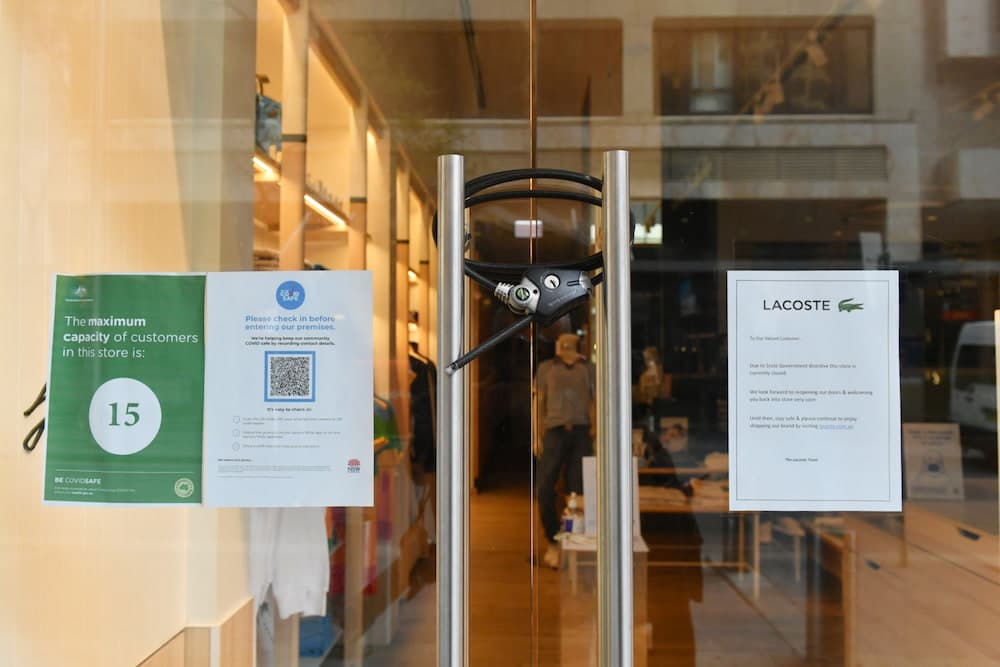Confusion and fear over vaccine rules, COVID-19 restrictions and exposure risks are plaguing NSW businesses as the end of lockdown looms.
Industry bodies speaking at a virtual summit on Western Sydney’s economic recovery on Wednesday said time was running out for businesses to plan for the state’s reopening.
The heartache of the lockdown was being compounded by anxiety from both employers and employees over the unclear path forward, the meeting hosted by NSW Labor heard.
“We need a clearly articulated set of rules for operating that we can rely on and plan to within those new restrictions,” Penrith Performing and Visual Arts chief executive Hania Radvan said.
“We’re not scientists, so please don’t make us guess.”
Help designing and adhering to new COVID safe plans is particularly needed, with vaccination, rapid antigen testing, and a new mandate to live with the virus all new challenges.
“We can’t just dust off the COVID plans from 12 months ago. They’re not relevant anymore. Delta has completely changed the ballgame,” the Council of Small Business Organisations Australia interim chief executive Alexi Boyd said.
“Small businesses will just throw the towel in and say it’s not worth it, because they don’t even know what the next six months look like.”
One of the specifics raised, was protections for employers.
Hospitality businesses cannot realistically reopen with unvaccinated staff, Josh Landis from Clubs NSW pointed out, and unvaccinated patrons must be turned away.
Government protection, through the public health orders, is needed for mandating vaccination and indemnifying against claims by unvaccinated people for breach of privacy, against claims of discrimination for denied entry, and against workers’ compensation claims by staff who contract the virus at work.
Fraught relationships with staff is a huge concern for businesses, but many are also worried about losing valued long-term customer relationships.
The prospect of further lockdowns and what will happen if there is an exposure at a businesses is also causing stress.
“If someone turns up with the virus, we just can’t have a situation where everybody … needs to isolate for two weeks, especially when they’re fully vaccinated,” Mr Landis said.
“That will kill business and kill the economic recovery.”
It could also disastrously impact the nation’s supply chain, Ports Australia chief executive Mike Gallagher said.
NSW has accepted it must learn to live with COVID, it should accept it must learn to work with it too.
“Once you open up to the wider community, we can do whatever we can in the workplace to maintain those protocols, but people can become infected just simply walking around,” he said.
“What is that going to mean in terms of our ability to keep our people safe and keep them at work?
“You can be assured that the moment the supply chain or link sites start to fail … we have a huge problem, because we don’t have an abundance of those people that can do those jobs.”
Regardless of the rules, ongoing financial support must be continued, several industry bodies said.
“We found the government support financially hasn’t touched the sides,” Mr Landis said.
“The average club (is) losing $120,000 a week through lockdown, even after taking the government support into account, with some losing over a million dollars a week.”
AAP
Get all the latest Canberra news, sport, entertainment, lifestyle, competitions and more delivered straight to your inbox with the Canberra Daily Daily Newsletter. Sign up here.



